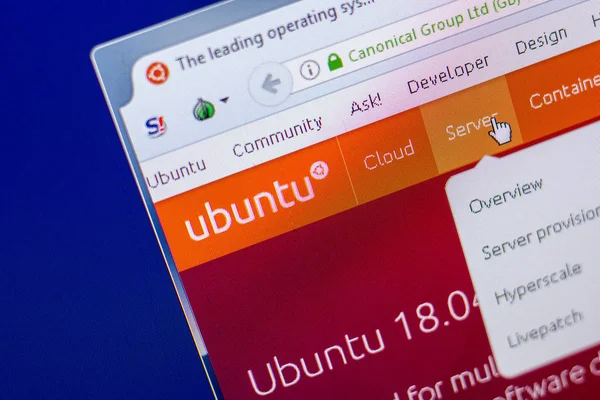Setting Up a Home Server with Ubuntu

Introduction: Why Build a Home Server?
A home server allows you to store, manage, and access data or services across your devices, providing more control over your digital environment. Ubuntu, as a free and powerful Linux distribution, is an ideal choice for setting up a personal server for media, backups, file sharing, or web hosting.
Choosing the Right Hardware
You don’t need a high-end machine to set up a home server. Even older desktops or small single-board computers like Raspberry Pi can be repurposed for server tasks. Key factors to consider include CPU power, RAM, storage, and network connectivity.
Essential Steps to Install Ubuntu Server

Setting up Ubuntu Server is straightforward. Follow these basic steps to get started:
- Download the latest Ubuntu Server ISO from the official website
- Create a bootable USB drive using tools like Rufus or BalenaEtcher
- Boot your hardware from the USB and follow the on-screen installation wizard
- Configure your timezone, user credentials, and storage options
- Select server roles such as SSH, file server, or web server during setup
Recommended Server Software
Depending on your use case, you may want to install specific software packages. The table below shows popular options and their primary functions:
| Software | Purpose | Installation Command |
|---|---|---|
| OpenSSH | Remote terminal access | sudo apt install openssh-server |
| Samba | File sharing with Windows | sudo apt install samba |
| Nextcloud | Private cloud storage | Snap or manual install |
| Apache | Web hosting | sudo apt install apache2 |
| Docker | Containerized apps | sudo apt install docker.io |
Security and Remote Access
Securing your home server is crucial. Start by setting strong passwords and enabling a firewall with UFW (Uncomplicated Firewall). Use SSH keys for authentication instead of passwords. Also consider installing fail2ban to protect against brute-force attacks. For remote access, use dynamic DNS and port forwarding carefully, or better yet, use VPN for added security.
Maintaining and Updating Your Server
Regular updates are key to keeping your Ubuntu server secure and stable. Use sudo apt update && sudo apt upgrade regularly. Monitor disk space, CPU usage, and logs with built-in tools like htop, df, and journalctl. Backups are also critical — automate them with tools like rsync or duplicity.